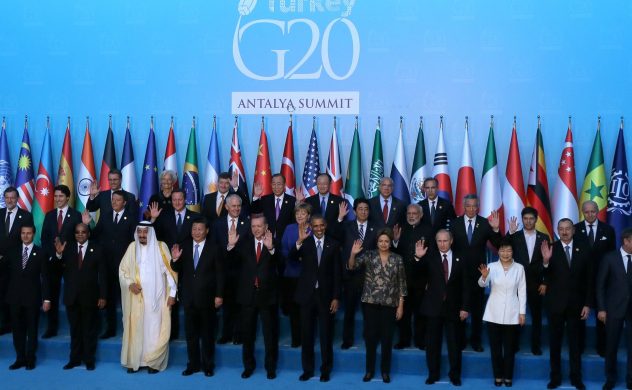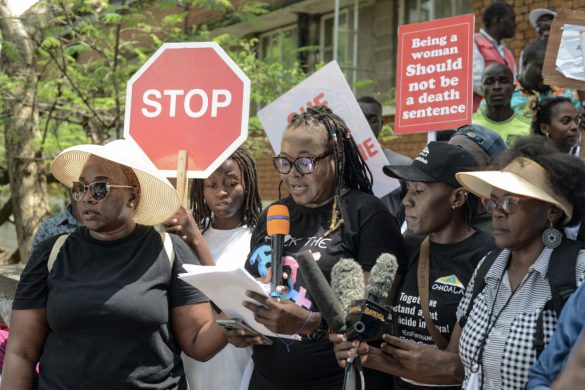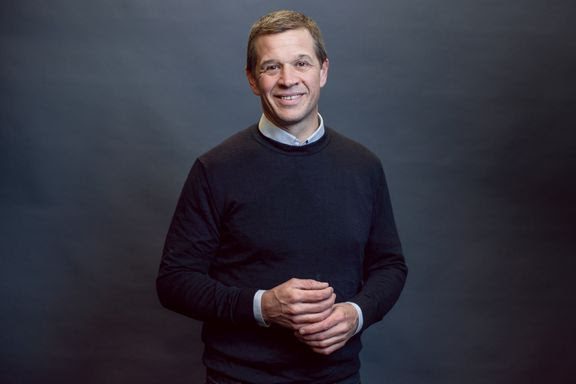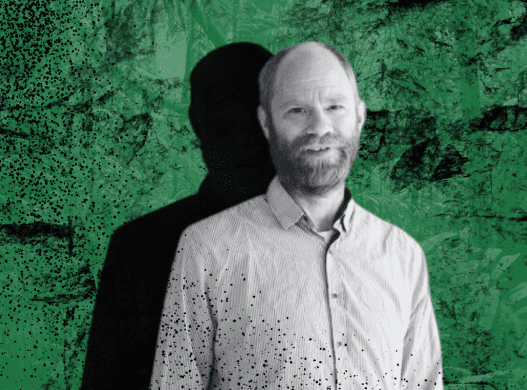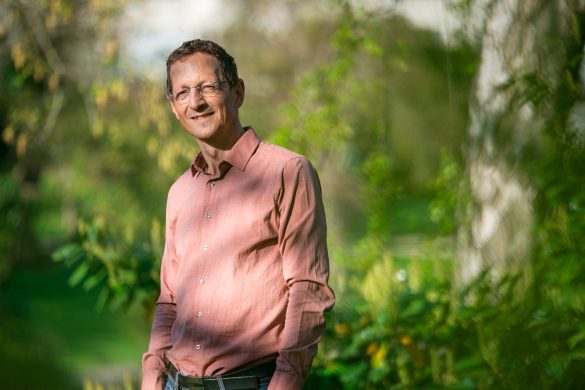Kina var for første gang vært for verdens 20 største økonomier i starten af denne måned.
G20-topmødet fandt sted i byen Hangzhou i det gigantiske og folkerige asiatiske land.
Mange kriser, konflikter og en skrantende verdensøkonomi var på dagsordenen, men klimaet fik også en aldeles prominent plads i diskussionerne mellem statsoverhovederne.
Adskillige punkter i den endelige erklæring fra topmødet drejer sig om klimaet. Først og fremmest forpligter de 20 ledere sig på at tilslutte sig den nye globale klimaaftale, Paris-aftalen, der blev indgået i den franske hovedstad i december.
Erklæringen understreger ligeledes vigtigheden af, at udviklede nationer holder løfterne om at støtte verdens fattige med den grønne omstilling – et løfte, der ellers har været meget virak om i de internationale klimaforhandlinger.
Derudover er der en genbekræftelse af løftet om at udfase statslig støtte i form af subsidier til klimaskadelige brændstoffer.
Hele erklæringen kan læses her: http://www.g20chn.com/xwzxEnglish/sum_ann/201609/t20160906_3397.html
Kommentarer fra civilsamfundet
Flere civilsamfundsorganisationer tager godt imod G20-landenes klimaløfter. Her er en række citater fra NGOer:
Jennifer Morgan, Executive Director, Greenpeace International:
“Less than a year after the adoption of the Paris Agreement, under the Chinese Presidency leadership, the G20 has moved forward key issues for tackling climate change. Investors should pay careful attention and not miss the movement forward on shifting the trillions of dollars from dirty to clean investments. Countries now need to react to the strong call from the G20 to formally join and ratify the Paris Agreement as soon as possible, so that this Agreement can enter into force this year.
“The fact that China and the United States have formally joined the Paris Agreement is a powerful signal that others should follow rapidly to drive the entry into force of the Agreement this year. This is an additional signal of the global shift toward a clean energy economy and away from the fossil fuel era.
“We are seeing incredible changes around the world in small and large communities to shift to the greener and more peaceful world we need, but the speed and scale are not there yet to avoid terrible impacts. People and nature around the world are already feeling the impacts of climate change from the thawing Arctic to the Pacific but, the science is clear that bigger transformations are needed now.
“Greenpeace urges Germany, the G20’s next president, to lead by example in the year before its G20 Presidency, showing the world that it is ready to transform its full economy to be zero carbon and shift the investments needed to do so.”
Christoph Bals, Policy Director at Germanwatch:
"The Paris Agreement and the SDGs have set a new framework for the global economy, and the G20 can't continue with business as usual if these goals are to be put into practice. Discussions started on these issues this year, but much more needs to be done. We commend China for putting the implementation of the Paris Agreement and the greening of the financial system on the G20 agenda – it is now up to the German presidency next year to deliver concrete implementation strategies on these issues. The United States and China formally joining the Paris Agreement is a big step, as it shows that the course set by the Paris Agreement is becoming irreversible. It also increases the pressure for all EU governments to follow suit if they don't want to be left out."
Wendel Trio, Director at Climate Action Network (CAN) Europe:
"The outcome of the G20 Summit unfortunately shows that despite soaring pressure to phase out fossil fuel subsidies in light of the Paris Agreement, leaders of the world’s largest economies are still shying away from their responsibility to set a deadline to phase out subsidies. To stay true to the Paris objectives, all G20 countries, including the EU needs to phase out all fossil fuel subsidies by 2020. With the G20 presidency moving into Europe next year, the EU now needs to show leadership and urgently reform its policies and tools that both directly and indirectly allow for financial support to the fossil fuel industry."
Génon K Jensen, Executive Director, Health & Environment Alliance:
“By discussing the importance of green finance and of ending fossil fuel subsidies, this year’s G20 has for the first time shown that it takes the threat of air pollution from fossil fuels seriously, but action is lacking. In Europe, air pollution from coal power plants was responsible for 22,900 premature deaths, 11,800 cases of chronic bronchitis, and 21,000 hospital admissions in 2013 alone. It adds a huge burden to our health systems and costs Europe up to 62.3 billion euros in just one year. It´s time to stop paying polluters for putting people’s health at risk. Germany as the host of the next G20 summit can go even further in accelerating a phase-out of harmful fossil fuel subsidies.”
Jill Duggan, Director, Prince of Wales's Corporate Leaders Group:
"The priority given by G20 leaders to tackle climate change is very welcome – the active engagement of these governments is an essential step to deliver on the ambitious goals of the Paris Agreement. Businesses will be looking for strong signals from the G20 governments: their message must be loud and clear. With such a signal the private sector will respond and unlock the creative innovation needed to solve the climate crisis. Businesses and policymakers alike will need to stop thinking incrementally, and focus on delivering the innovative solutions needed to lift our society into the next era.”
Simon Zadek, Co-Director of UN Environment’s Inquiry into Design of a Sustainable Financial System:
“G20 leaders have recognised that climate, environment, and sustainable development is a profound part of their everyday business. The financial system can and must evolve to finance the long-term needs of an inclusive, prosperous, and environmentally sustainable real economy.”

